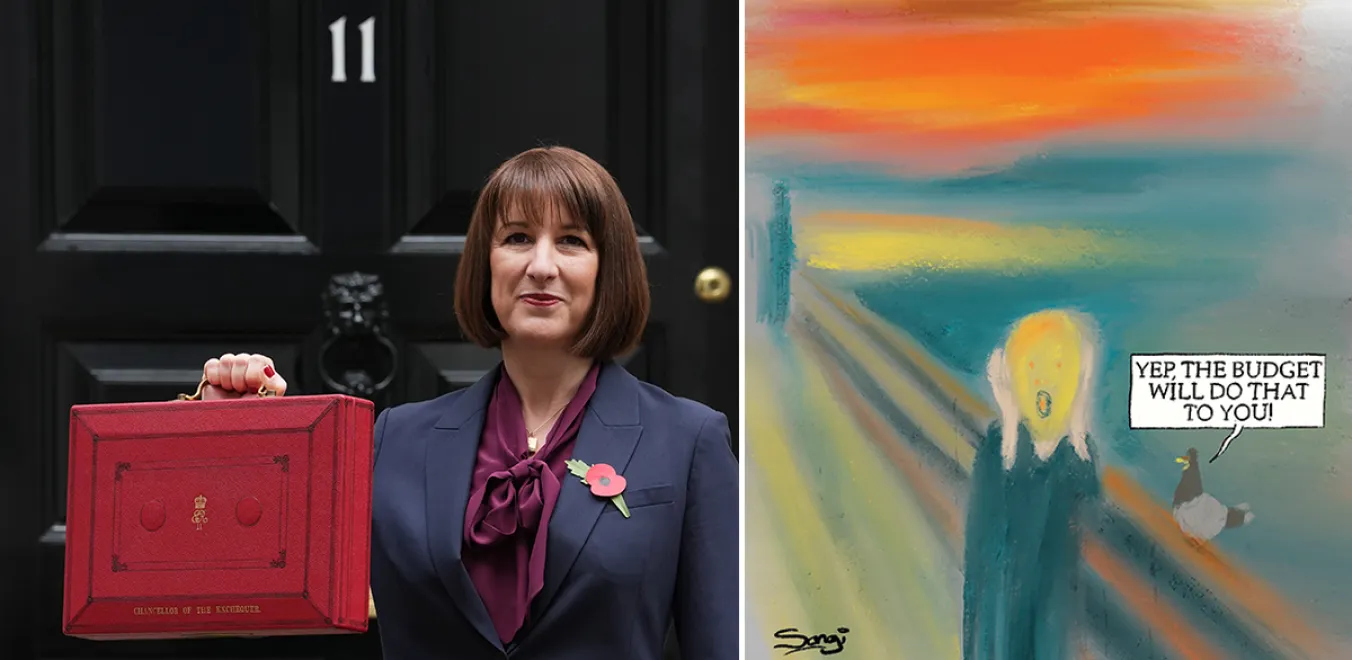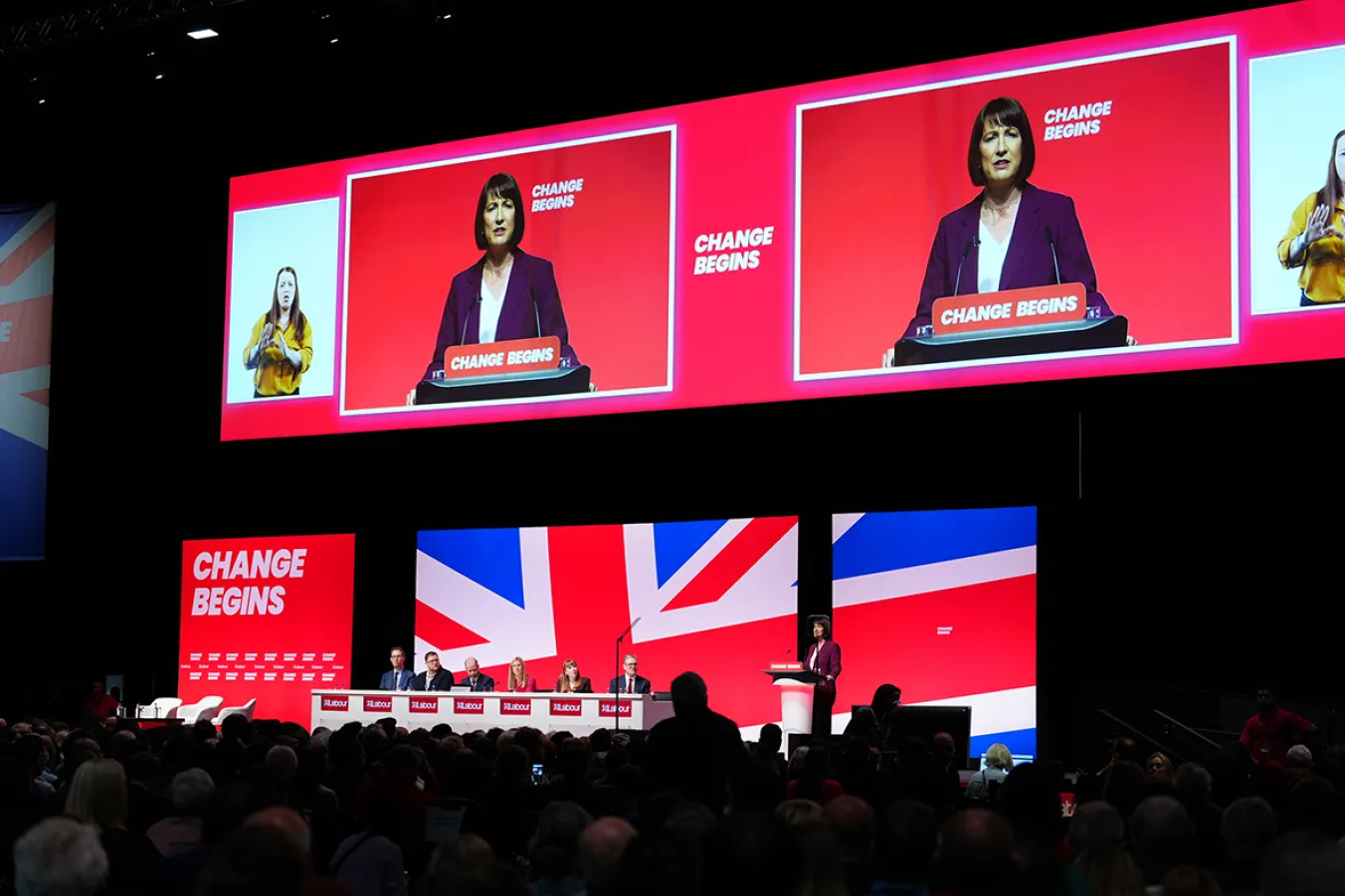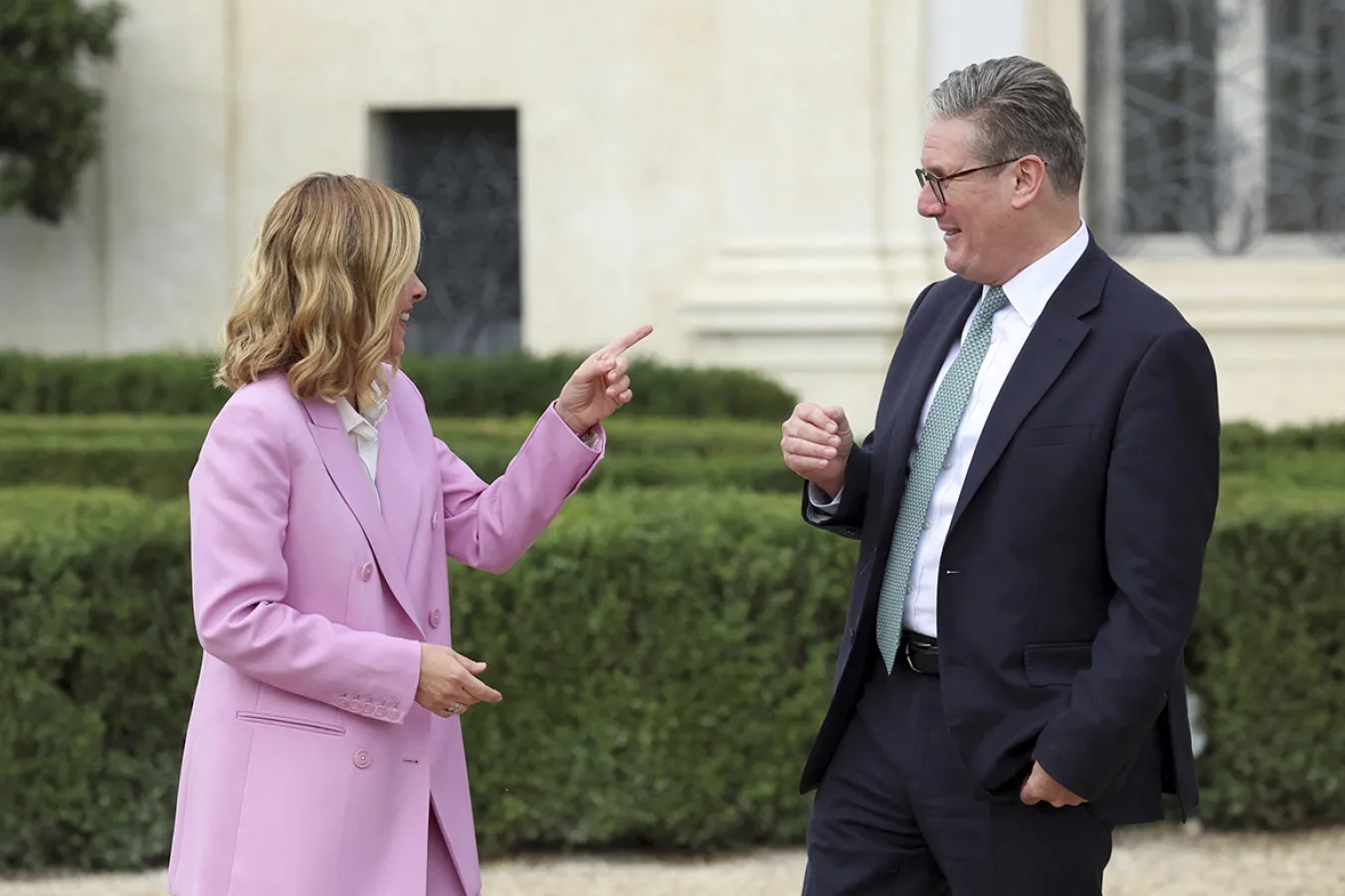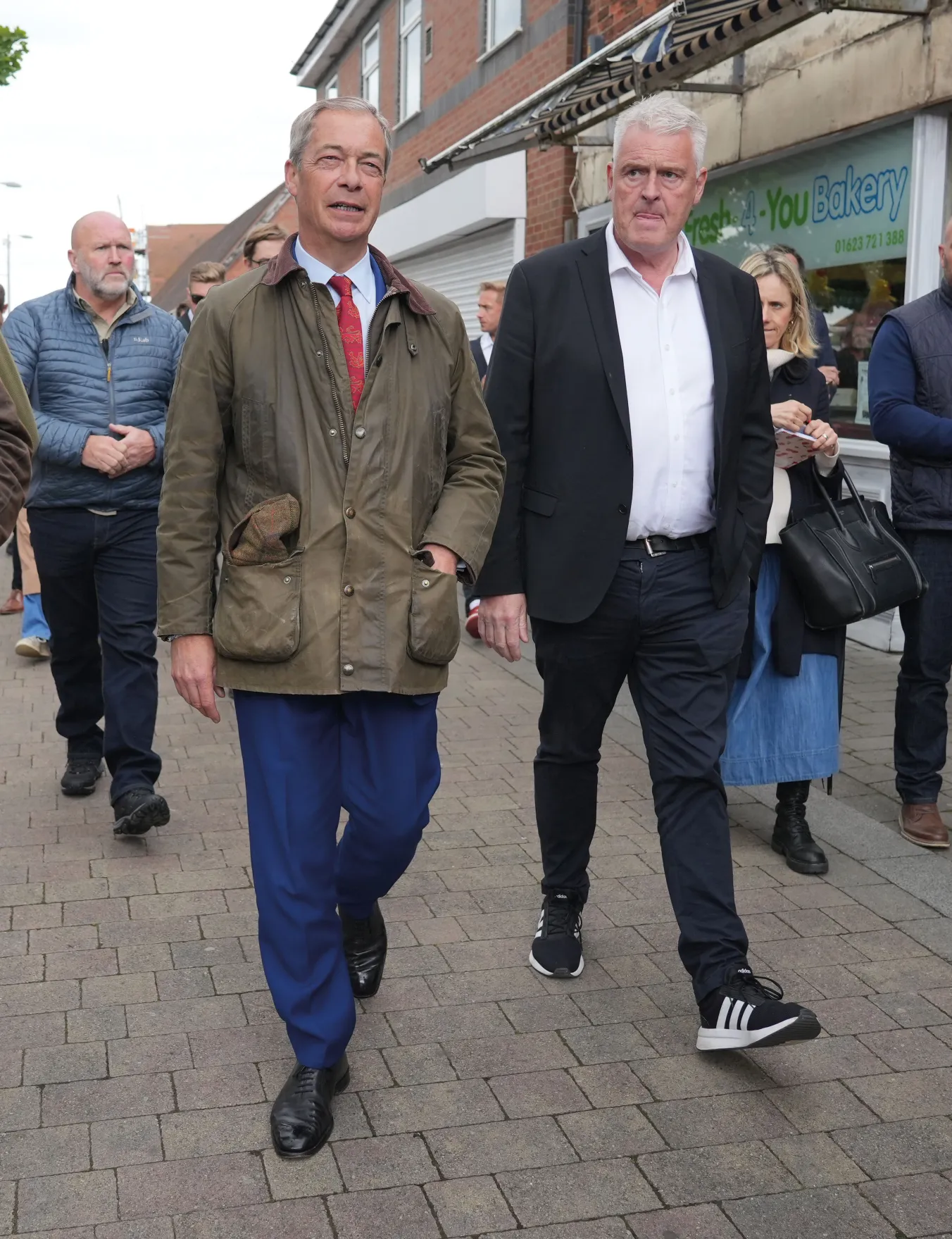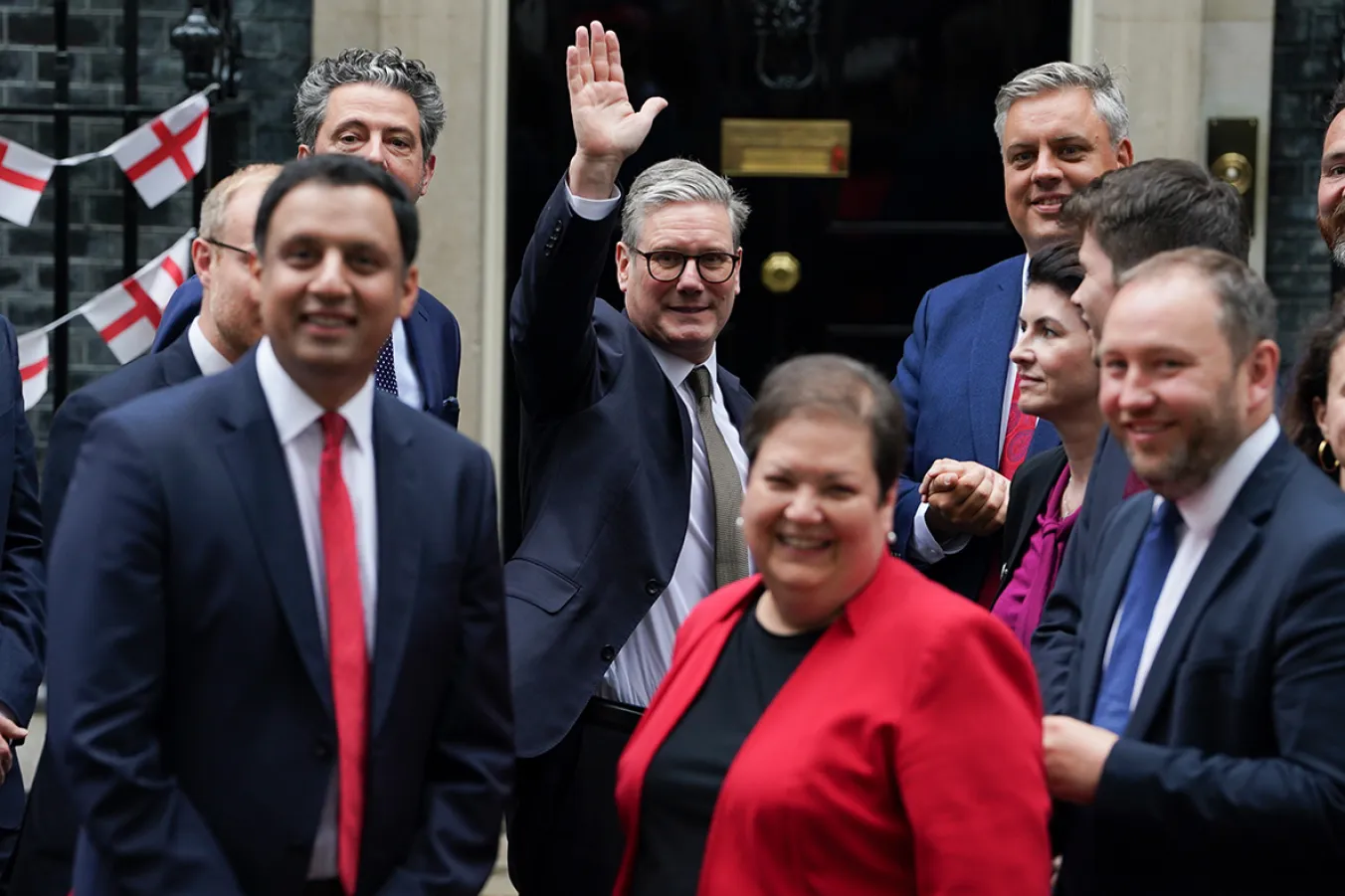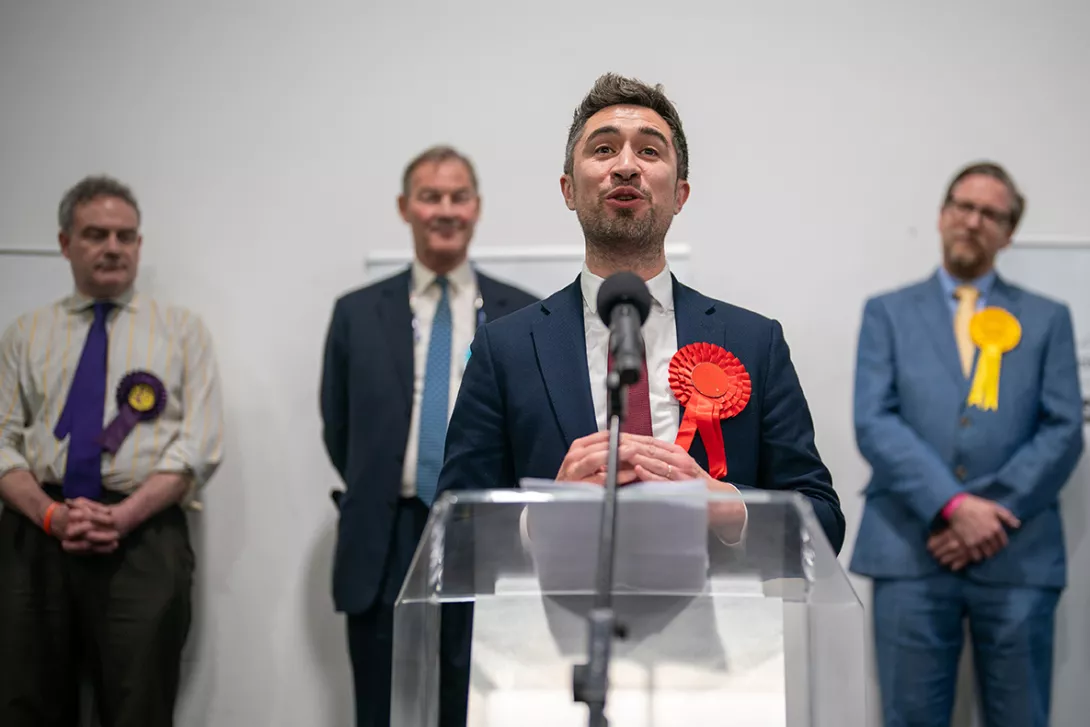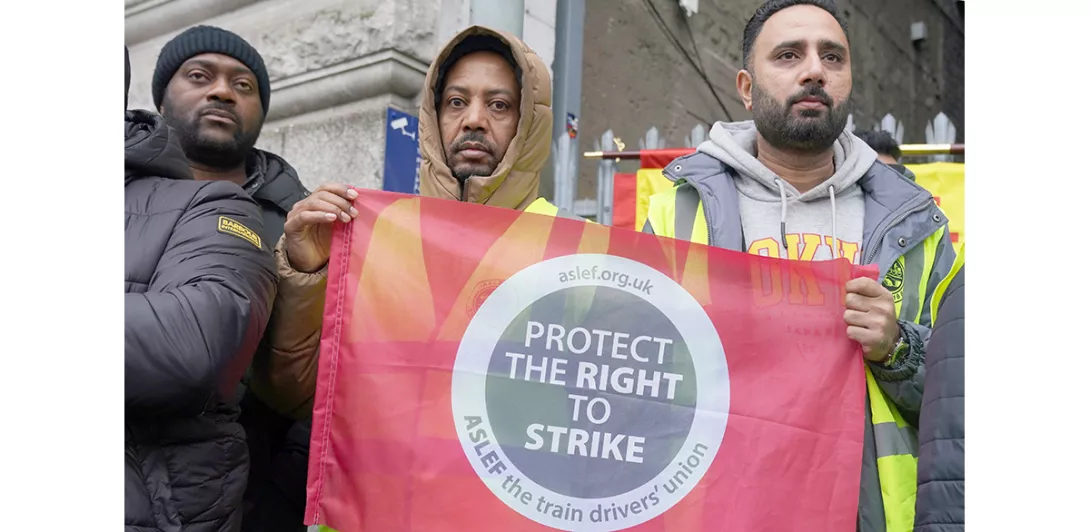
THE 2024 general election is probably the most extraordinary of my lifetime, or certainly at least since the turmoil of the elections in the early 1970s.
That crisis, finally facing up to post-World War II decline, was not at all resolved by Thatcherism (except politically), but was postponed by the inflow of North Sea oil revenues.
I believe we may be in the midst of another tumultuous period, giving rise to a new political settlement. Progressive forces need to intervene strongly to prevent another terrible political outcome.
Firstly, we have to face facts. This is not intended as a criticism of anyone but is a sober assessment of the objective situation.
The delight at finally kicking the Tories out after 14 years must be tempered by a realistic appraisal of the situation. Labour’s landslide is only true in terms of seats won, not in terms of a popular mandate. It was the respective slumps in the Tory vote, and in Scotland, the SNP vote, which delivered that Labour parliamentary landslide, along with the undemocratic peculiarities of the first-past-post, single-member constituency system.
As I suggested in my previous piece here a fortnight ago, Labour struggled to match its percentage share of the vote achieved in 2017. But even I was shocked to learn that our percentage share was barely above that achieved in 2019.
In terms of votes cast, Labour’s performance compares poorly with both of the last elections and was well below both totals. In a very low turnout election, Labour’s share of the vote was the lowest ever for a successful prime minister. We have the support of around one-fifth of the electorate.
Of course, winning parliamentary seats is much better than the alternative. And the parliamentary arithmetic is crushing for the Tories. But in terms of popular legitimacy, there is a world of a difference between tens of millions of people enthusiastically endorsing a party — or a situation where your main opponents implode and you win by default.
This will matter in the period ahead. We have seen how volatile British electoral politics is now. In difficult circumstances, the pressure will be on to prevent Labour’s coalition from declining further.
Naturally, as a lifelong anti-racist, I also take a keen interest in developments on the right of the political spectrum. Awful though it is to say, it cannot be denied that the big vote winners on July 4 were Reform UK.
Unfortunately, the party gained four million votes overall and, while it only gained five seats, it is now poised in second place in many more.
Some commentators have pointed out that the combined vote of the Tories and Reform UK is greater than that of Labour. But this is nothing new. That has been true in every election since 2005.
What is new is that two-fifths of this bloc voted Reform UK which means it is both a significant, reactionary force itself and that it will have a powerful gravitational pull, into the gutter, on the Tory Party. The Tories seem sure to ignore their losses on their left flank to the Lib Dems, to Labour and even to the Greens.
But these key facts combined, the implosion in the Tory vote, the rise of Reform UK, Labour’s weak popular position alongside its parliamentary strength, all point to potential difficulties ahead. They are also the political expression of the most fundamental challenge of all — the multiple crises facing this country.
We are in the midst of multiple wars, catastrophic climate change, economic stagnation and falling living standards as well as a crisis of both public services and public finances. That is a groaning in-tray.
The Labour leadership is currently receiving lots of advice, from people like ex-generals, lobbyists for arms manufacturers and Tony Blair. It is not clear how much they are being listened to, but we can be sure none of it is in the interests of ordinary people, workers or the poor.
I doubt that advice from this quarter would be any more readily received. Instead, across the labour movement, we need to be clear about what we see as the solutions to the current crisis.
Clearly, the warmongers and lobbyists like Blair have every interest in promoting war, and the expenditure of lives and billions of pounds on further conflict. But this policy is diametrically opposed to the interests of ordinary people in this country and in the wider world.
The argument that weapons manufacture is “jobs-rich” is easily disproved by a glance at the data. If you want to create high-skilled jobs with public-sector funding, invest in the NHS or education. If they are to be decently paid jobs the simple remedy is to pay workers fairly.
The daunting challenges of climate change must be tackled. But again, the investment in renewable energy, electric public transport and insulation all create good, well-paid jobs. Importantly it also provides the economic growth on which the government’s entire strategy depends.
On key public services, nationalisation has long been extremely popular with voters across all political parties. But, whether it comes to Thames Water or rail, regulators and others seem to prefer subsidy to nationalisation. This amounts to an enormous, unaffordable rip-off of public finances which provides no ownership or ultimate control.
Yet the same could be said for both further privatisation of the NHS as well as the renewed reliance on the private finance sector in general. Money really is too tight to allow any scope for more wasteful and indulgent subsidies to the private sector when the public sector can perform the same tasks more cheaply and efficiently.
Some of these issues will come to the fore very quickly, whether it is NHS pay, crumbling public infrastructure in schools, hospitals and prisons, or the enormous fraud that is being perpetrated on the public by the private utility companies in water, gas and electricity.
The public is evidently crying out for change. This is why electoral politics is so volatile. But it also explains why turnout at the election was so low, one of the lowest on record. Far more people did not vote than voted for any one party. This is because they are desperate for change, yet do not believe it will be delivered.
Yet “change” is exactly what Labour promised — its central one-word slogan. This contradicts any notion that business as usual is either desirable or possible.
Waiting in the wings are Farage and co, with much of the Tory Party eager to fall in behind their rotten agenda. Labour has to deliver real, progressive change to defeat the right and deliver for the ordinary people of this country.
Diane Abbott is the Labour MP for Hackney North and Stoke Newington.
